What happens to bull calves from dairy farms? Are all bull calves used for veal?
As a follow up to this post about the ridiculous photo going around showing lots of calf hutches that says all dairy bull calves are used for veal, raised in horrible conditions and are slaughtered at a few weeks old for veal, I thought I'd show you guys a few photos of what really happens to dairy bull calves.
When a bull calf is born on our farm, they get all the same attention and care that a heifer calf gets. This post goes into detail on how we care for baby calves. However since we don't have the space or feed to raise bull calves, when bull calves on our farm are about a week old, we sell them.
So where do those calves go when we sell them and what happens to them after they leave our farm?
A few years ago we started selling our bull calves to a farmer who lives about 10 miles from us. When we have a couple of calves that are about a week old, we shoot him a text and set up a time for him to come and pickup the calves. He comes over, pays us whatever the current market price is for each calf and then takes his new calves home.
While many people believe that all dairy bull calves are used for veal production, that's not true at all. In the US, veal isn't nearly as popular as it once was and today only a small percent of bull calves are raised for veal. Most dairy bull calves today are raised for beef.
2021 UPDATE- If you'd like to learn more about how veal calves are raised in the U.S. I got the chance to learn more on a veal tour. Check out this post to learn more.
These boys are some of the baby bull calves that were born on our farm. As you can see from the photos, they are growing and doing well being cared for by Kurt and Melissa, the farmers who we sell them too.
Yes, ultimately bull calves do die to become the beef we eat. But just as we make sure our milk cows live good lives and are respected while they are with us, Kurt and Melissa make sure the boys have good lives as well.

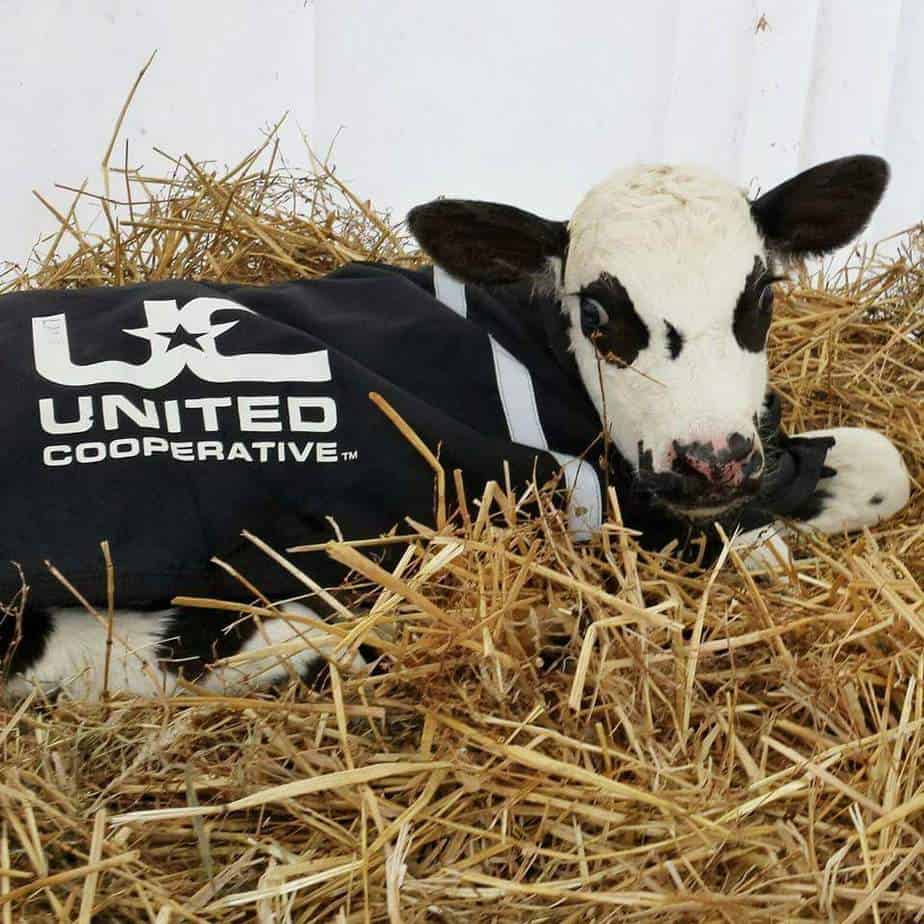
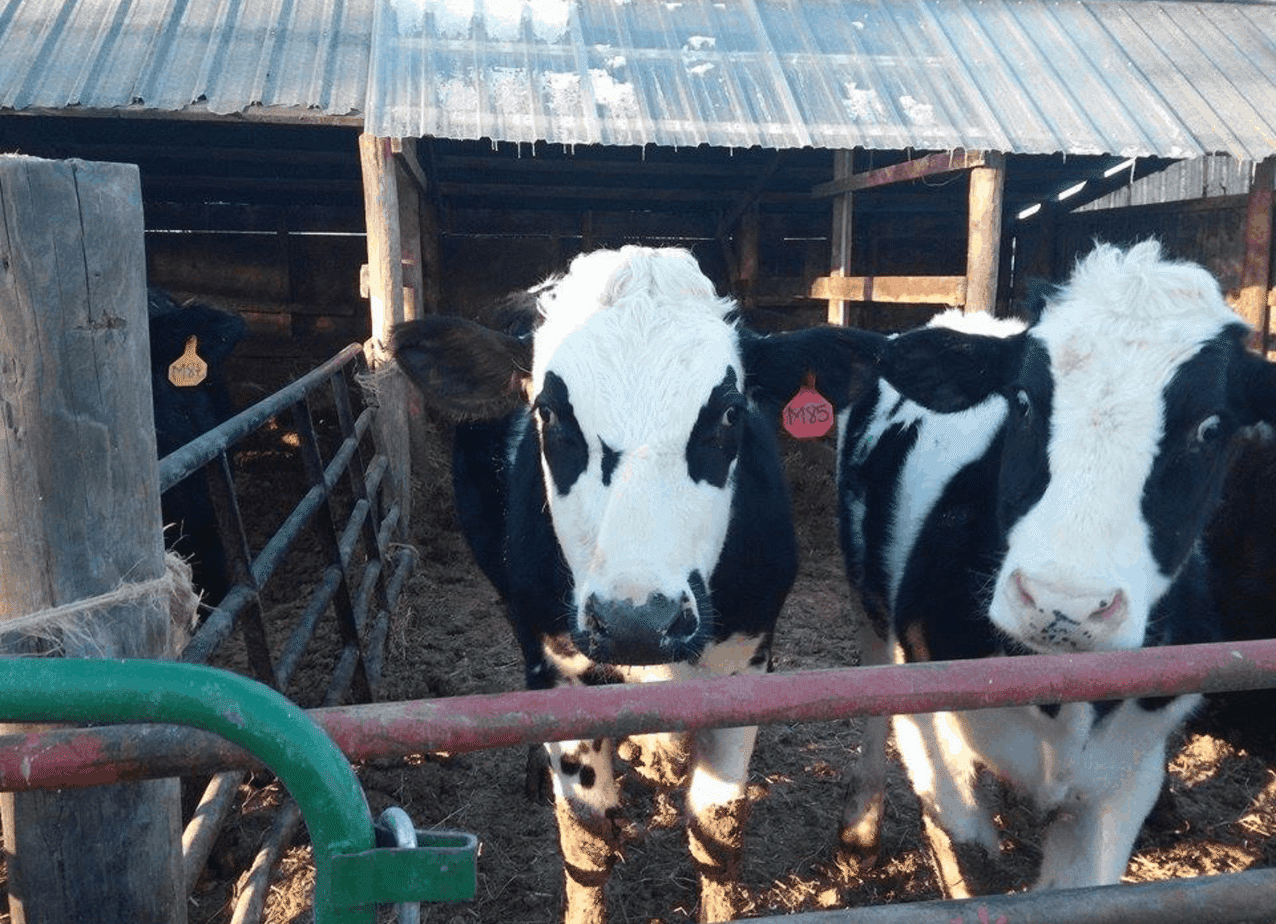
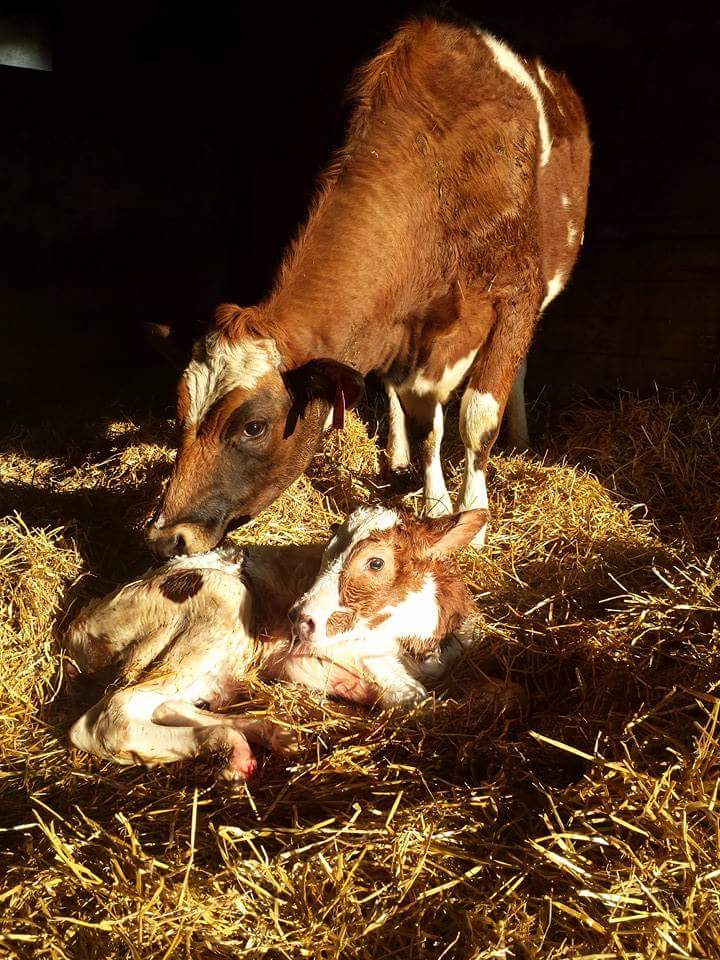
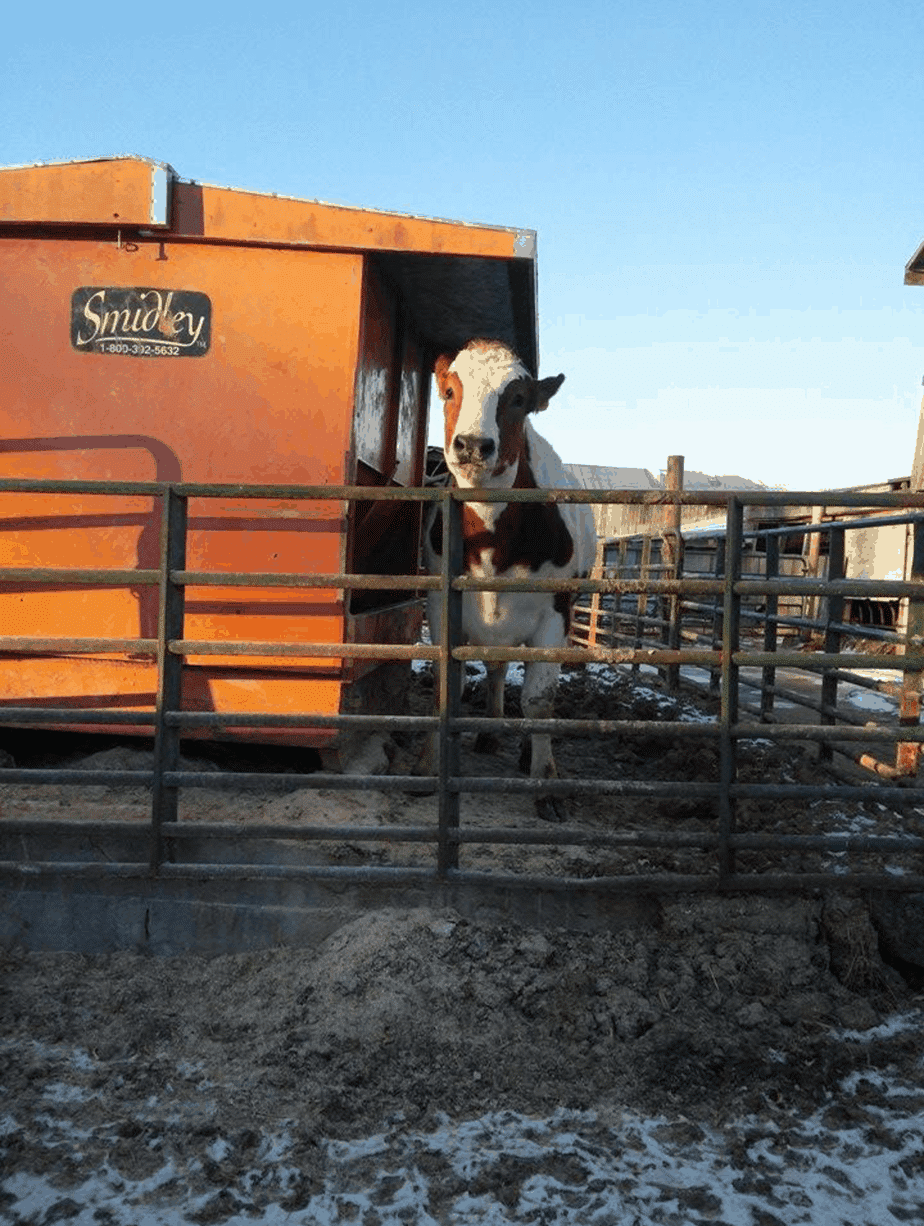
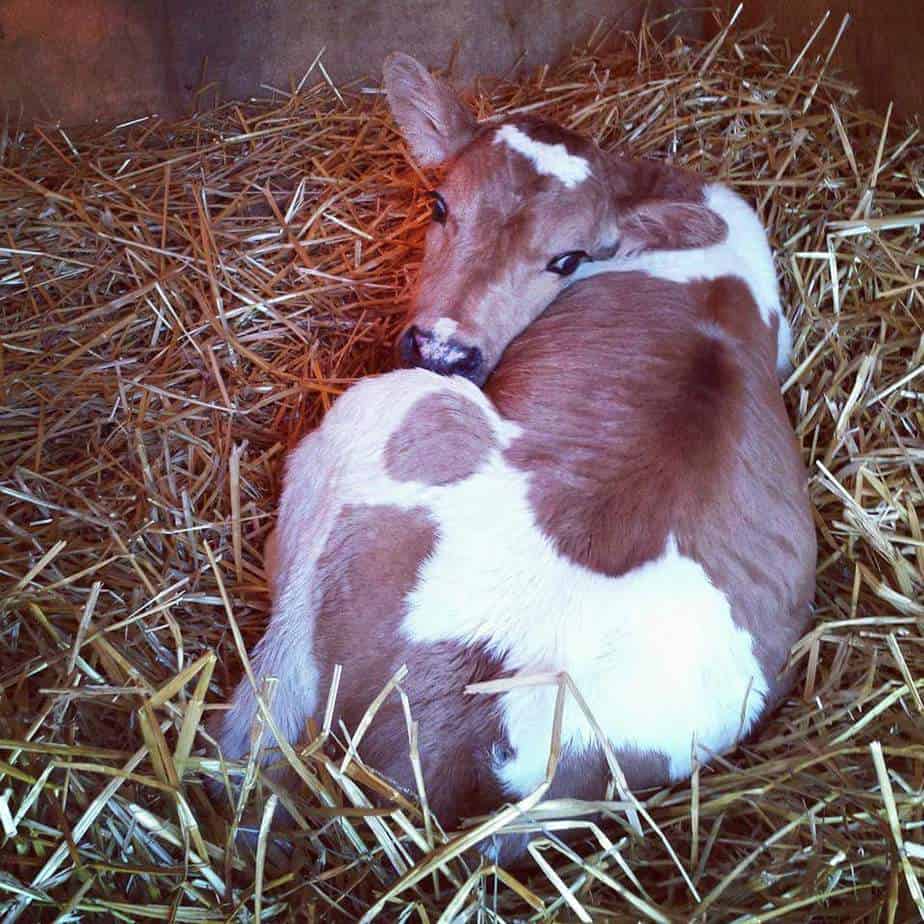
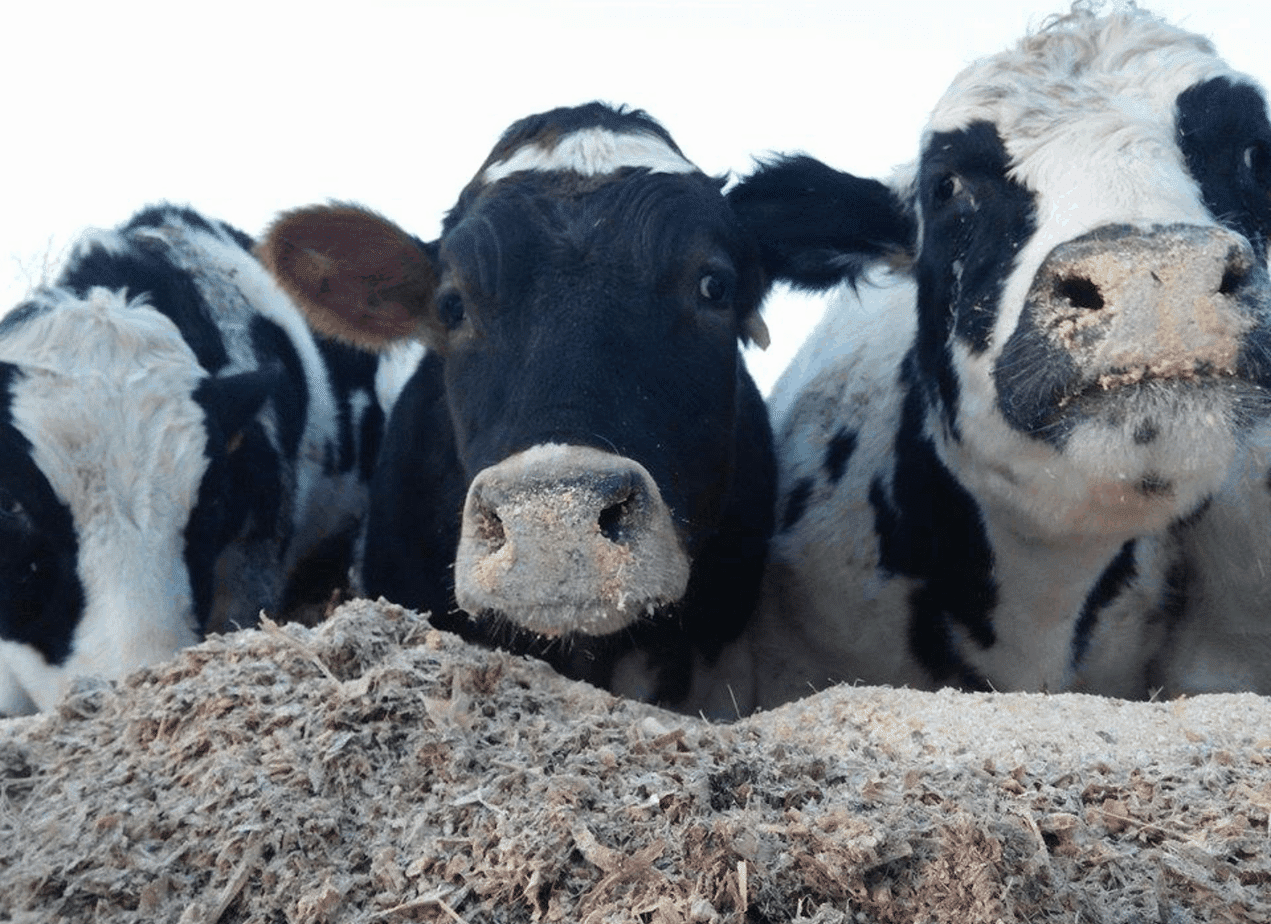
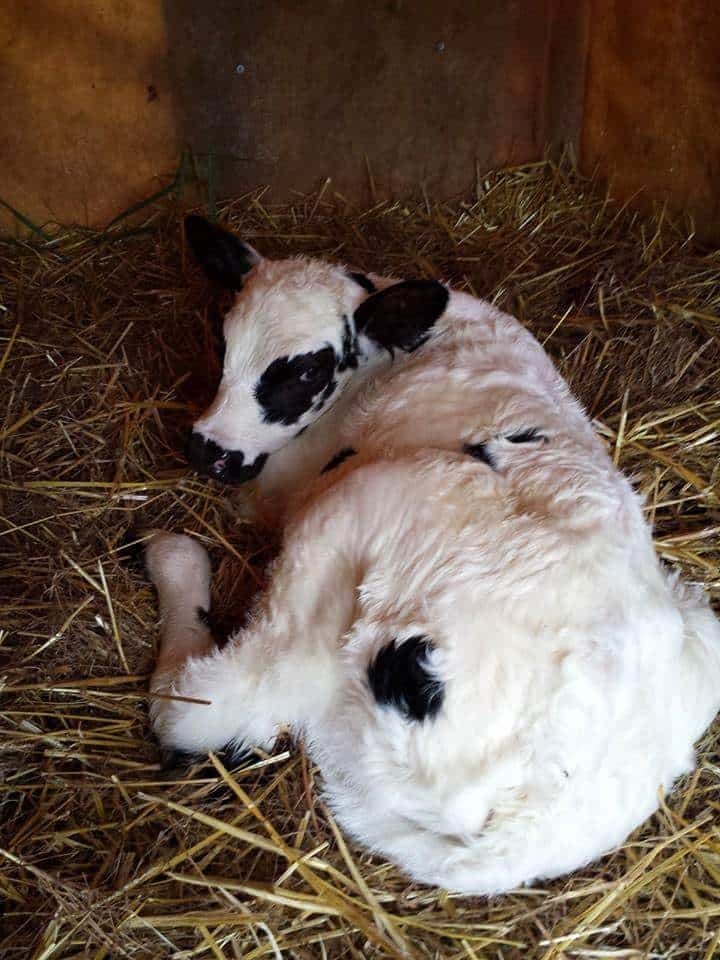
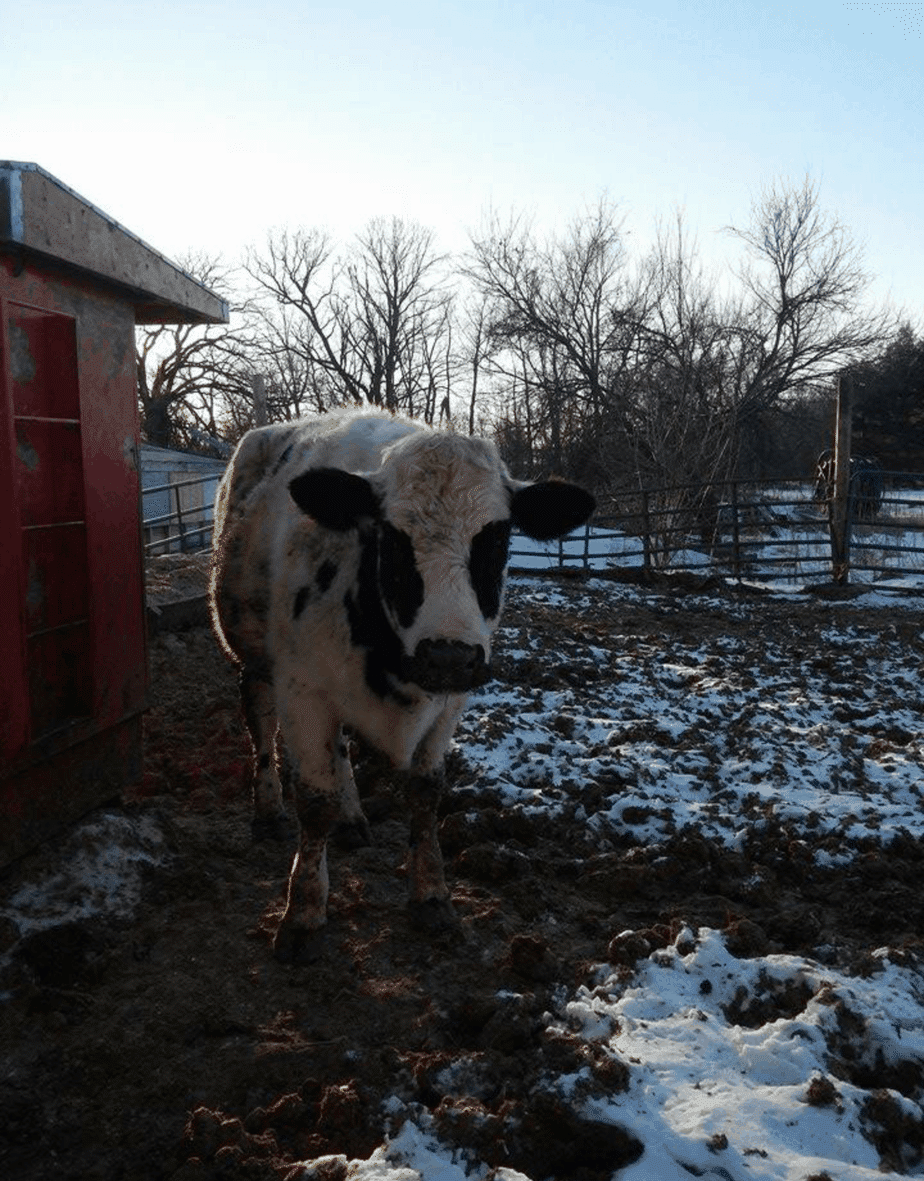
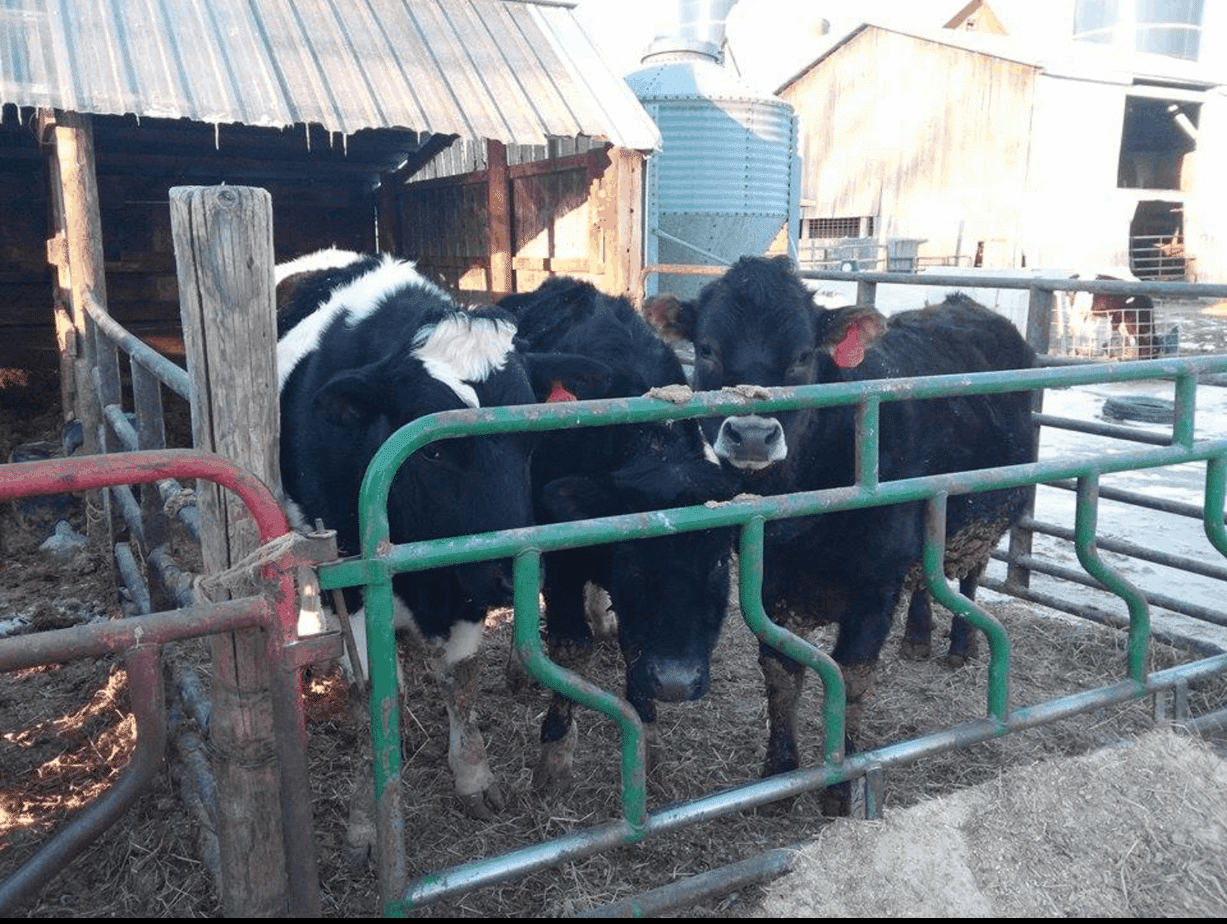
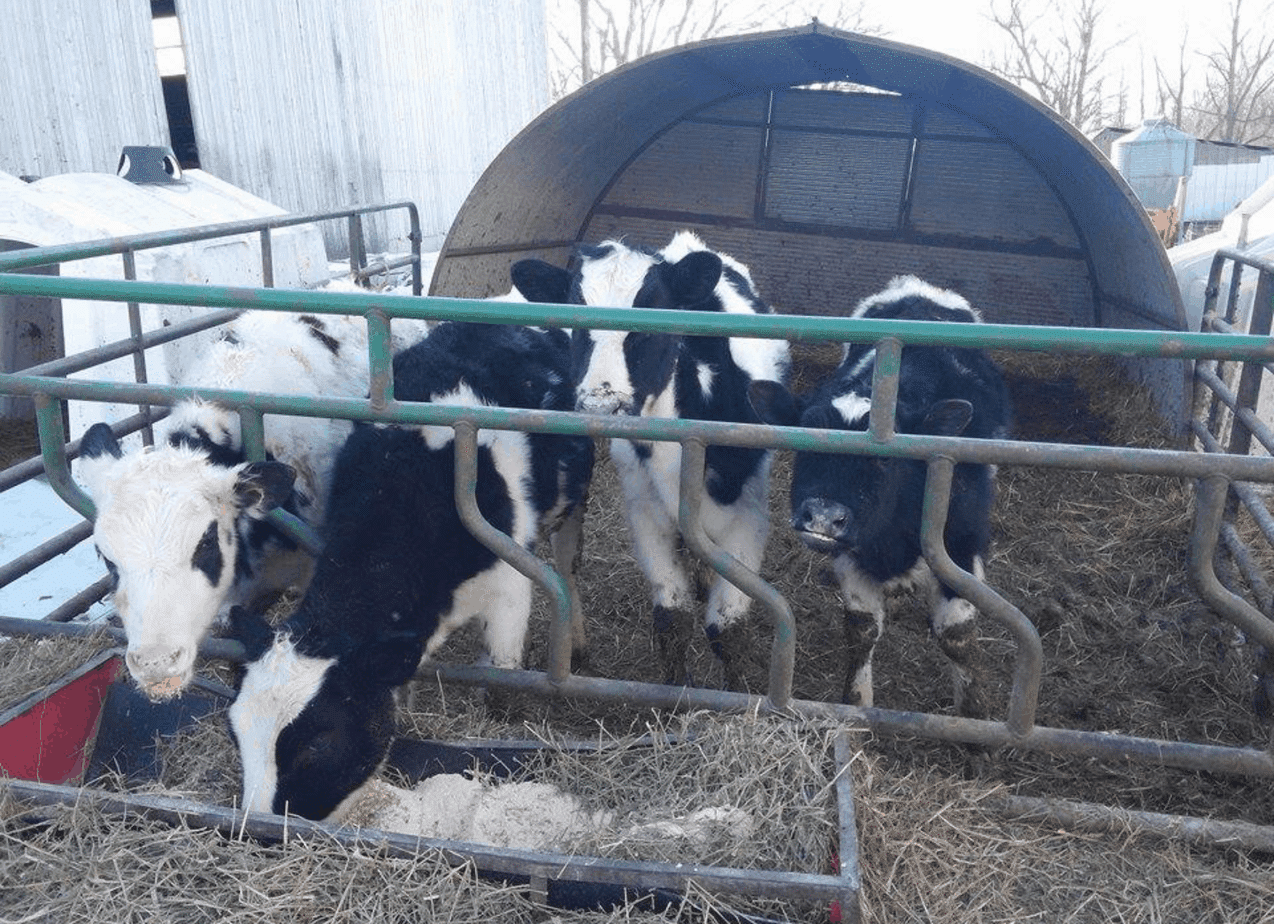
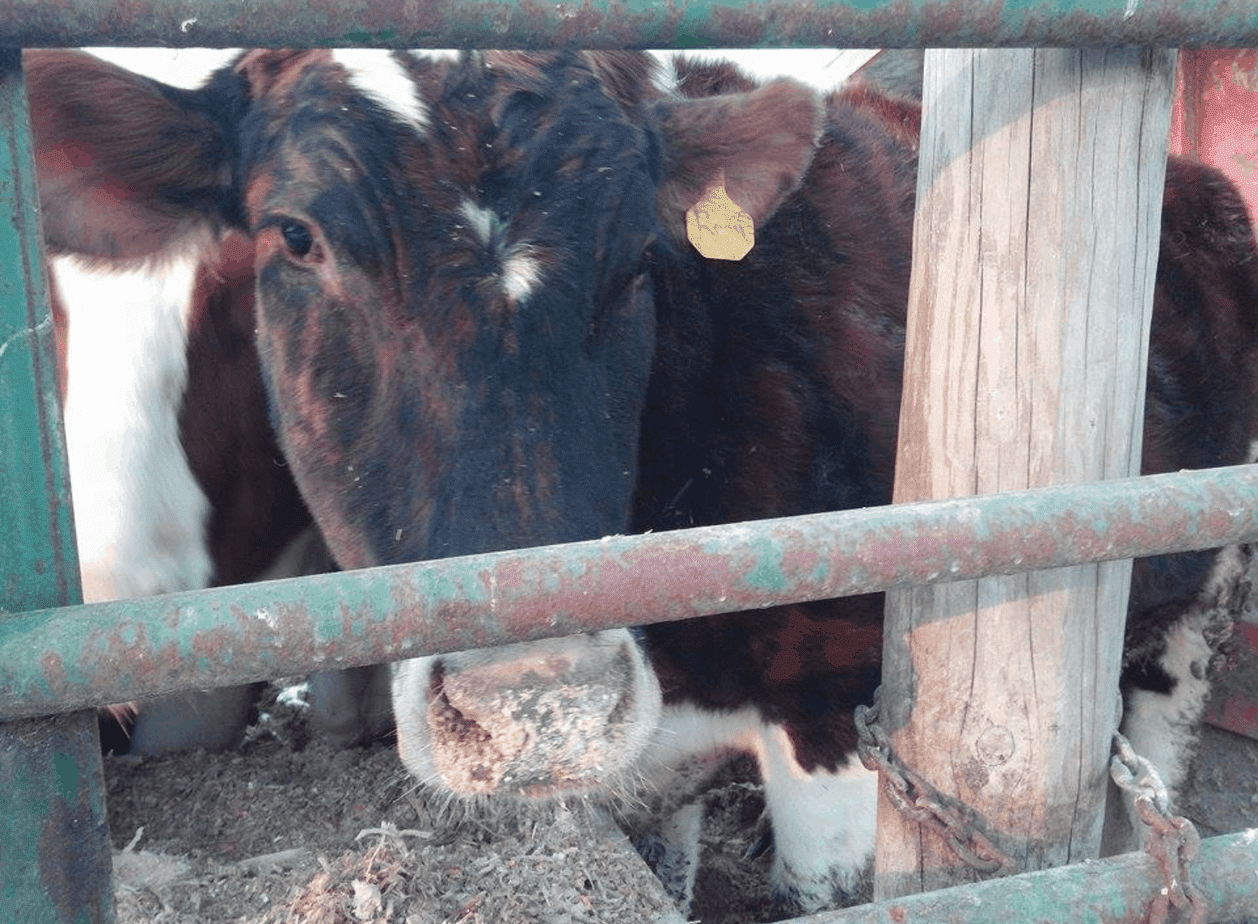
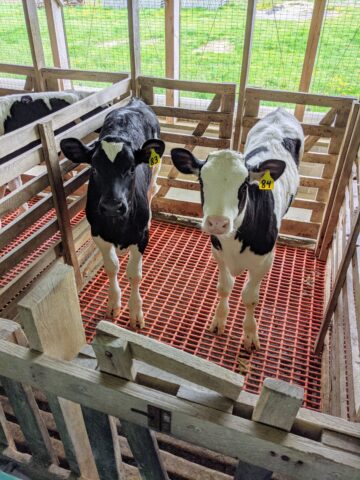
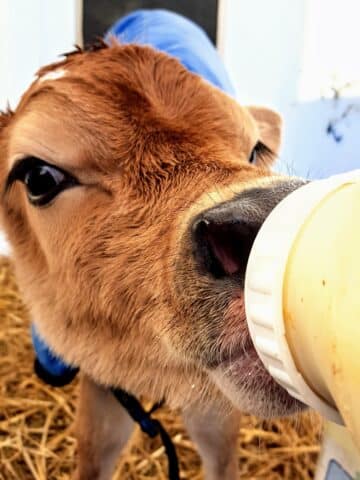
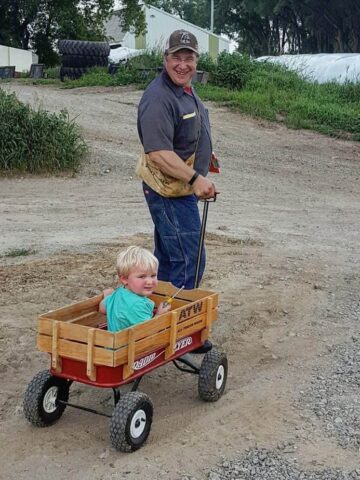
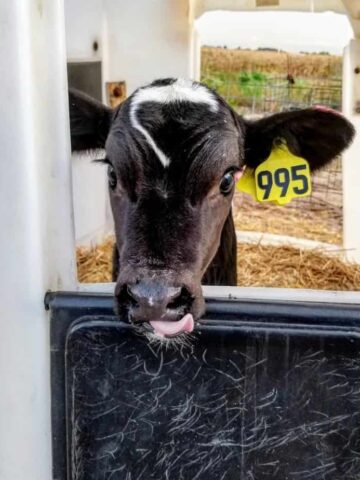
Alyce Luis
Thank you Dairy Carrie for an ACTUAL true depuction of what goes on at the farm. So much musinfirmation, down right lies, that have their own agenda.
Corina Rose Guerra-Keys
Thank you for treating the animals kindly.
casdog1
Yep! My friend raises one to two steers every 18 months for beef. Right now she has a 1 month old steer & an 8 month old steer, both from dairy operations. They are on pasture with our horses, protected by livestock guardian dogs, & live a generally stress free, safe, happy existence until their time comes.
Angela
I've always wondered what the whole calf hutch thing is about. I see them here outside the few dairies that we still have in this area. I do understand taking the calves away from mom right away, we do that at the goat dairy I work at, a bit different time-line but after a few days the kid goats are bucket fed.
Anyway, what I wonder most is why are the calves kept separate from one another? I would think as a herd animal it would be hard on them. The kid goats I work with are all kept in large pens together, separated by age and gender.
Bull calves (most soon to be steers I assume) are valuable animals around here and are much coveted. The prices people can get for grass-fed beef are totally worth the effort. And oh my is that meat good!
John
Hutches are used for several reasons, one the farm may just not have room in a barn, 2 young calves are susceptible to lots of illness and especially if born in a cold wet time of year, those illnesses can quickly make calves very sick or even kill them. Hutches allow the calves to be kept apart until they build up some immunity to what ever bugs the farm has, and the hutches are easier to clean between calves. It also helps to give each calf individual attention to make sure a sick one doesn't hide in the back of the pen and not get treated soon enough.
Hillary
Just had the opportunity to share this with a girl I use to work with who doesn't know as much about agriculture and who shared the calf hutch picture! Glad you posted this and I was able to share the link. You're wonderful! You helped me educate and hopefully change a mind or two!
sirnic16
Great post!
Around here (southwestern Ontario) most bull calves for veal are raised till they are at least a few months.
On the farm I work on we treat the bull calves just like they were heifers until we sell them to another farmer, this can be anywhere from a week old to 6 weeks.
Lynn
What other practices are used and how much pain and distress is associated with them? How is pain and distress avoided or reduced? If pain and distress is reduced, how much?
dairycarrie
You can read more in the links I included in the post.
Hadley
I just found your blog and am so glad that I did. Thank you for shining a light on something us city folks don’t understand.